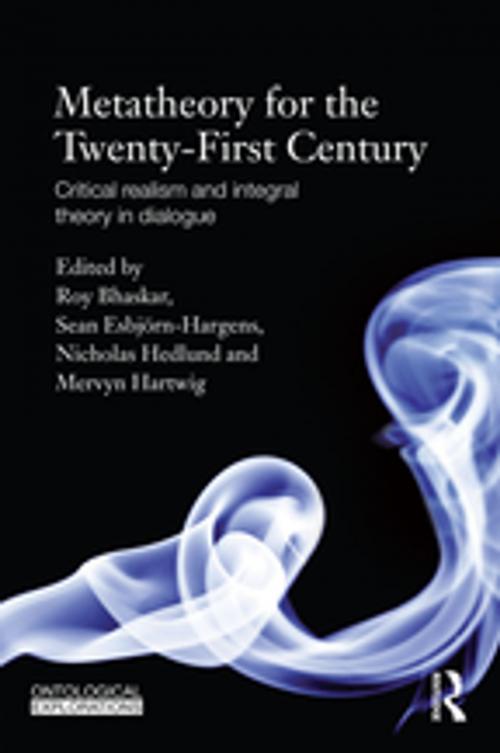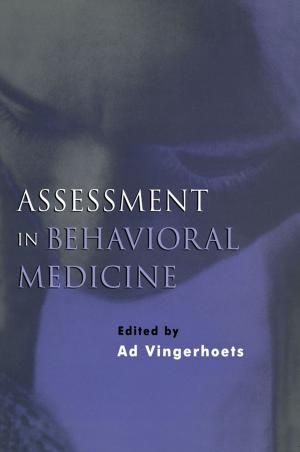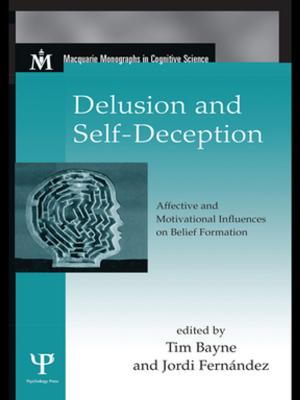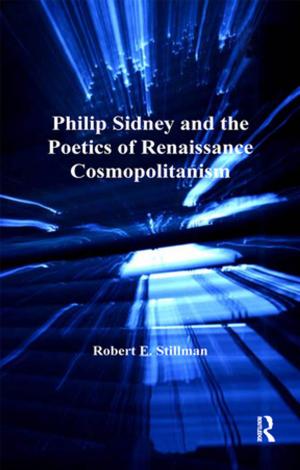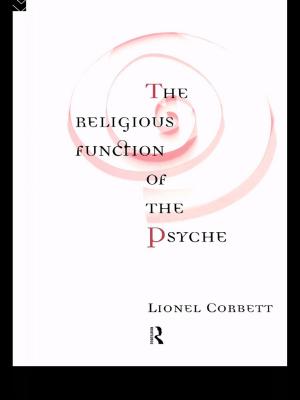Metatheory for the Twenty-First Century
Critical Realism and Integral Theory in Dialogue
Nonfiction, Social & Cultural Studies, Social Science, Sociology| Author: | ISBN: | 9781317423829 | |
| Publisher: | Taylor and Francis | Publication: | December 14, 2015 |
| Imprint: | Routledge | Language: | English |
| Author: | |
| ISBN: | 9781317423829 |
| Publisher: | Taylor and Francis |
| Publication: | December 14, 2015 |
| Imprint: | Routledge |
| Language: | English |
Metatheory for the 21st Century isone of the many exciting results of over four years of in-depth engagement between two communities of scholar-practitioners: critical realism and integral theory. Building on its origins at a symposium in Luxembourg in 2010, this book examines the points of connection and divergence between critical realism and integral theory, arguably two of the most comprehensive and sophisticated contemporary metatheories. The Luxembourg symposium and the four more that followed explored the possibilities for their cross-pollination, culminating in five positions on their potential for integration, and began the process of fashioning a whole new evolutionary trajectory for both integral theory and critical realism. The contributors to this book bring together critical realism and integral theory in order to explore the potential of this collaboration for the advancement of both. Highlighting the ways in which these metatheories can transform scholarship and address the most pressing global issues of the 21st century, this book will be of interest to students, scholars and practitioners in the areas of metatheory, philosophy, social theory, critical realism, integral theory and current affairs more generally.
Metatheory for the 21st Century isone of the many exciting results of over four years of in-depth engagement between two communities of scholar-practitioners: critical realism and integral theory. Building on its origins at a symposium in Luxembourg in 2010, this book examines the points of connection and divergence between critical realism and integral theory, arguably two of the most comprehensive and sophisticated contemporary metatheories. The Luxembourg symposium and the four more that followed explored the possibilities for their cross-pollination, culminating in five positions on their potential for integration, and began the process of fashioning a whole new evolutionary trajectory for both integral theory and critical realism. The contributors to this book bring together critical realism and integral theory in order to explore the potential of this collaboration for the advancement of both. Highlighting the ways in which these metatheories can transform scholarship and address the most pressing global issues of the 21st century, this book will be of interest to students, scholars and practitioners in the areas of metatheory, philosophy, social theory, critical realism, integral theory and current affairs more generally.
